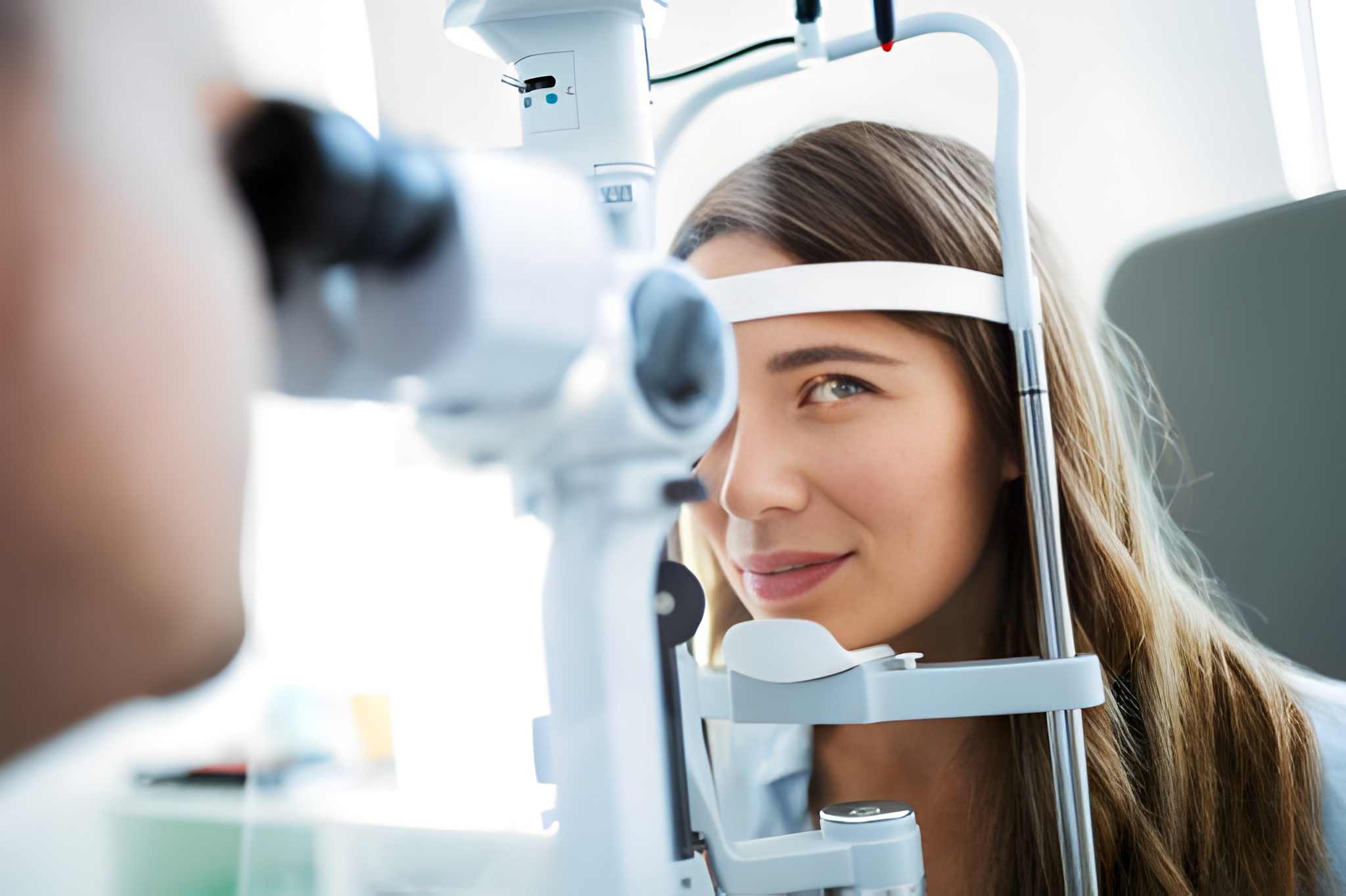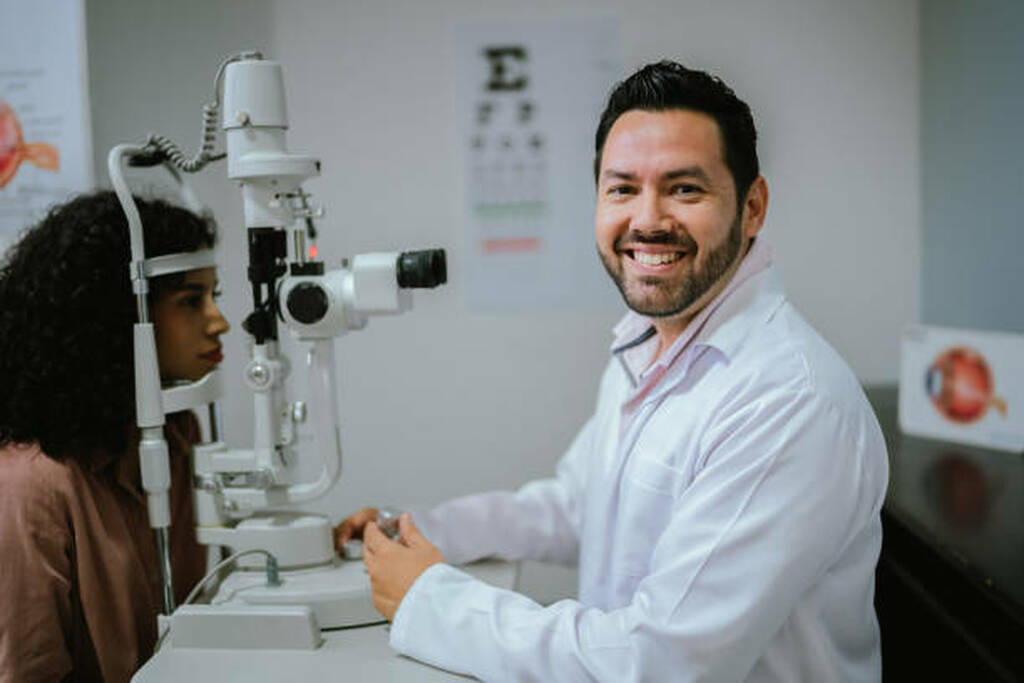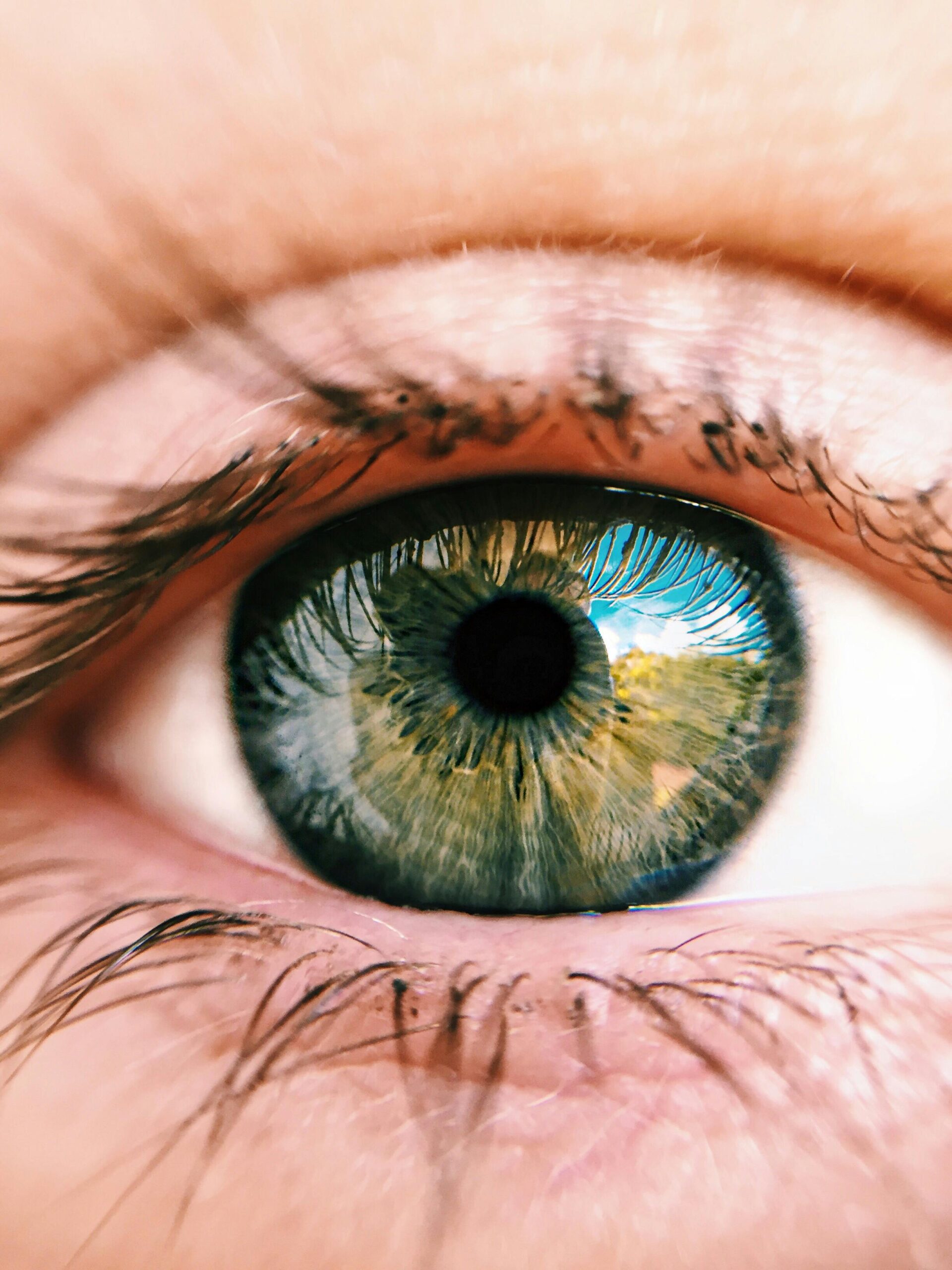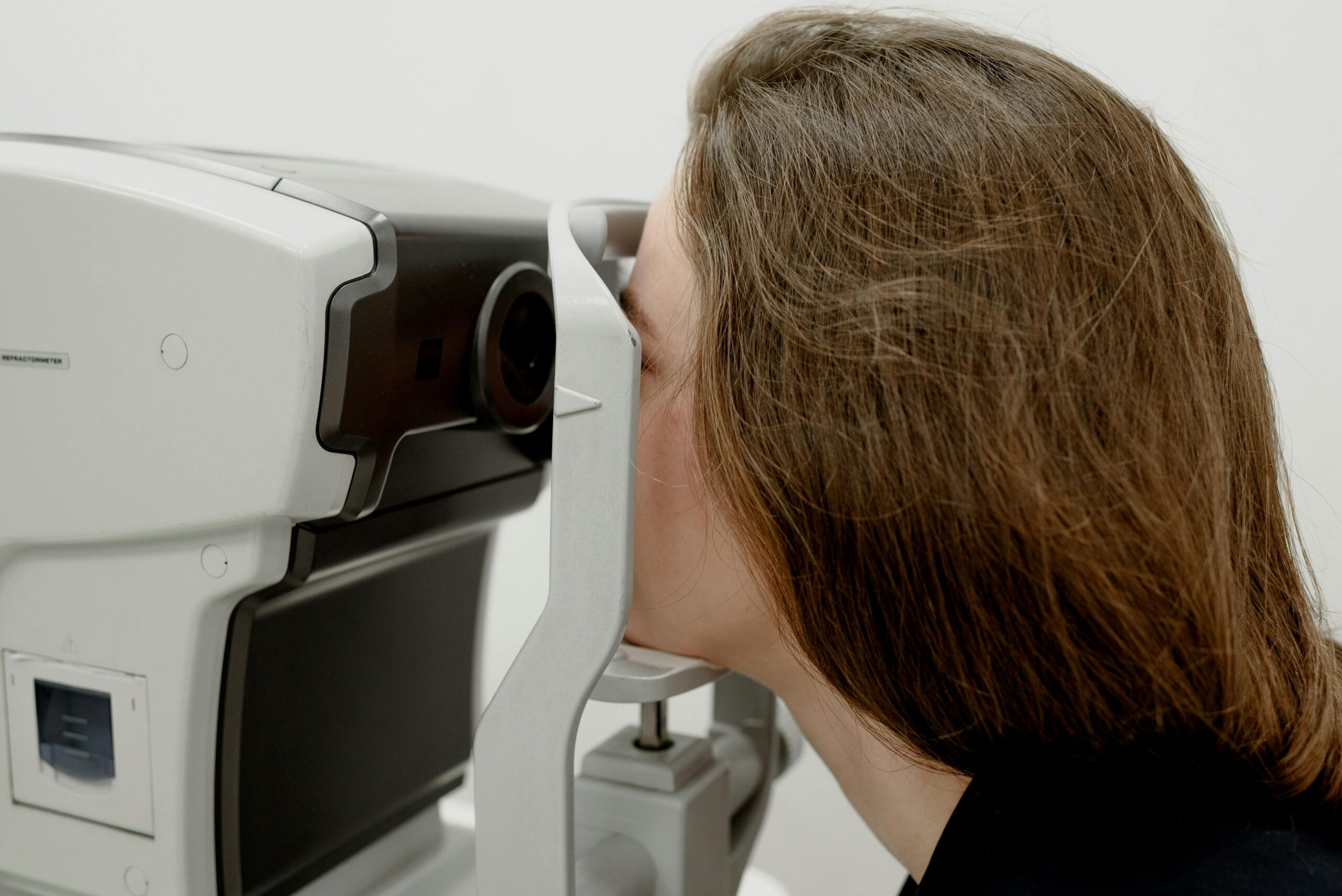Maintaining good eyesight is essential for overall well-being and quality of life. Our eyes play a crucial role in how we perceive the world around us, and preserving their health is paramount. Unfortunately, many individuals experience poor eyesight due to various factors, including lifestyle choices and genetic predispositions. However, the good news is that there are natural methods to improve eyesight and enhance visual acuity.
Understanding the importance of maintaining good eyesight is the first step towards better eye health. Our vision allows us to perform daily tasks efficiently and enjoy the beauty of the world. Common causes of poor eyesight include excessive screen time, inadequate nutrition, lack of exercise, and aging. By adopting healthy habits and making conscious lifestyle changes, individuals can significantly improve their eyesight and overall well-being. This Guide on How to Improve Eyesight is brought to you by Dr-Qasim, one of the best Pediatric Ophthalmologists in Dubai.
Understand Your Eyes
To effectively improve eyesight, it’s essential to understand how the eye works. The eye is a complex organ with several components working together to process visual information. The cornea and lens refract light onto the retina, where photoreceptor cells convert it into electrical signals that the brain interprets as images. Common vision problems such as myopia (nearsightedness), hyperopia (farsightedness), and astigmatism occur when the shape of the eye or its components are irregular.
Lifestyle choices and genetic factors can contribute to vision problems. For example, spending excessive time in front of screens can lead to digital eye strain, while a diet lacking in essential nutrients can impair eye health. Understanding these factors can help individuals make informed decisions to improve their eyesight naturally.
Lifestyle Changes
A balanced diet plays a crucial role in maintaining optimal eye health. Certain nutrients, such as vitamins A, C, and E, as well as minerals like zinc and omega-3 fatty acids, are essential for eye function. Foods rich in these nutrients include carrots, spinach, salmon, and citrus fruits. Additionally, antioxidants found in fruits and vegetables help protect the eyes from oxidative damage caused by free radicals.
Staying hydrated is also important for eye health, as dehydration can lead to dry eyes and discomfort. Drinking an adequate amount of water each day helps maintain the moisture levels in the eyes and supports overall hydration. Furthermore, regular exercise improves blood circulation, including to the eyes, which promotes eye health and reduces the risk of conditions like glaucoma and age-related macular degeneration (AMD).
Proper sleep is vital for the repair and regeneration of eye cells. During sleep, the eyes are able to rest and recover from the strain of the day. Lack of sleep can lead to eye fatigue, dryness, and irritation. Establishing a consistent sleep schedule and ensuring quality rest each night can significantly improve eyesight and overall health.
Eye Exercises
In addition to lifestyle changes, incorporating eye exercises into your daily routine can help improve focus, flexibility, and overall eye health. These exercises are designed to strengthen the eye muscles and enhance coordination between the eyes. One simple exercise is the palming technique, where you cover your closed eyes with your palms and gently apply pressure for a few minutes to relax the eye muscles.
Eye rolling exercises involve moving your eyes in various directions to improve flexibility and range of motion. Near and far focusing exercises require you to focus on objects at different distances to enhance visual acuity. Blinking exercises help lubricate the eyes and reduce dryness, especially during prolonged periods of screen time.
Reduce Eye Strain
Prolonged screen time can lead to digital eye strain, characterized by symptoms such as eye fatigue, headaches, and dryness. To reduce eye strain, it’s important to take regular breaks from screens and practice the 20-20-20 rule—every 20 minutes, look at an object at least 20 feet away for 20 seconds. Additionally, adjusting screen brightness and contrast, as well as ensuring proper lighting in your workspace, can help alleviate eye strain.
Protect Your Eyes
Protecting your eyes from harmful UV rays is essential for preventing long-term damage and reducing the risk of conditions like cataracts and macular degeneration. Wearing sunglasses with UV protection when outdoors helps shield the eyes from the sun’s harmful rays. Additionally, using blue light filters on digital devices can reduce exposure to high-energy visible (HEV) light, which may contribute to eye strain and discomfort.
Regular eye check-ups are important for detecting vision problems early and preventing further deterioration. Eye exams can help identify refractive errors, eye diseases, and other conditions that may affect vision. Moreover, avoiding smoking and limiting alcohol intake can help maintain optimal eye health and reduce the risk of conditions like cataracts and AMD.
Natural Remedies
Herbal supplements and remedies have been used for centuries to promote eye health and improve vision. Certain herbs, such as bilberry and ginkgo biloba, are believed to have antioxidant properties that protect the eyes from damage caused by free radicals. Additionally, incorporating eye-friendly herbs like turmeric and saffron into your diet can provide nutritional support for eye health.
Aromatherapy, using essential oils derived from plants, may also offer benefits for eye health. Lavender and chamomile essential oils, for example, are known for their calming and anti-inflammatory properties, which can help reduce eye strain and promote relaxation.
Mind-Body Connection
The mind-body connection plays a significant role in eye health. Stress and anxiety can contribute to eye strain and discomfort, affecting overall vision. Practicing stress management techniques such as deep breathing, meditation, and yoga can help reduce stress levels and improve eye health. Additionally, incorporating relaxation exercises into your daily routine, such as mindfulness and progressive muscle relaxation, can help alleviate tension in the eyes and promote overall well-being.
Read More: Dry Eye Symptoms
Final Thoughts
Improving eyesight naturally requires a holistic approach that encompasses lifestyle changes, eye exercises, and protective measures. By understanding the importance of maintaining good eye health and adopting healthy habits, individuals can enhance their vision and quality of life. Consistency and commitment are key to achieving long-term results, and seeking professional advice when necessary is important for personalized care. With dedication and proper care, anyone can enjoy the benefits of clear and vibrant vision.
Dr. Qasim advises consulting with an Eye Specialist before making significant changes to your eye care routine.











